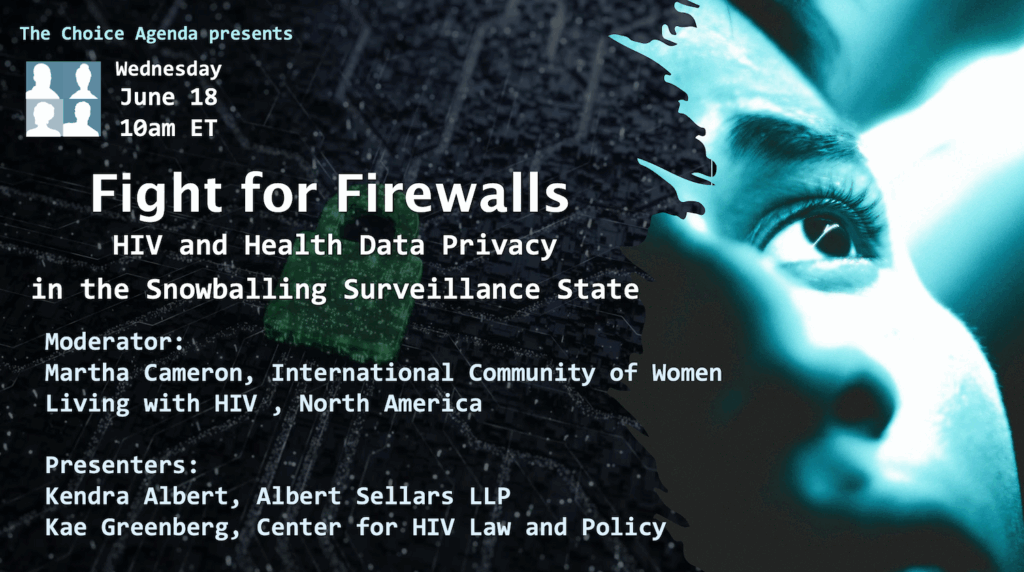Contact: [email protected]
New York, NY, September 2, 2025 – AVAC condemns the US Administration’s intent to withhold billions of dollars in federal foreign assistance through the proposed ‘pocket rescission’ request sent to Congress last Friday. AVAC calls on Congress to reassert its constitutional power in appropriating federal spending and counteracting this executive overreach by the Administration. The Administration is seeking to cancel any Congressionally-appropriated funding at its discretion, with zero oversight or accountability from a co-equal branch of government.
“This is a true constitutional crisis, advancing the Administration’s assault on Congress’ ‘power of the purse’ and putting millions of lives at risk,” said Mitchell Warren, executive director of AVAC, lead plaintiff in AVAC v. State Department. “We have already seen the devastating consequences of the foreign aid freeze: interrupted treatment, shuttered clinics, prevention efforts stalled, and lives lost. Now, by attempting to usurp Congress of its constitutional role and granting the President unilateral authority to decide which appropriations to honor and which to ignore, the Administration is setting a dangerous precedent—one that, if unless prevented, will reverberate globally, jeopardize lives, and undermine the very foundations of US governance.”
The Administration continues to attempt to use questionable budgetary maneuvers to “run out the clock” on the fiscal year and avoid disbursing nearly $4.2 billion of Congressionally-appropriated foreign assistance. These maneuvers are illegal, and represent another step in the Administration’s reckless efforts to pull back billions in unspent foreign assistance funds which were already approved by Congress.
“This crisis has been building since January 20, when the Administration froze foreign assistance funding and forced AVAC and partners to turn to the courts,” said Warren. This past week marked one of the worst yet. On August 28, the D.C. Circuit Court of Appeals denied AVAC’s petition to rehear its case en banc and vacated the District Court’s preliminary injunction that had required the Administration to release billions in Congressionally-appropriated foreign assistance funds. That decision came only two days after the Administration filed an emergency petition to the Supreme Court of the United States seeking permission to continue withholding the funds. While last week’s ruling was a setback, the Court did significantly modify a prior opinion from August 13, paving the way for AVAC, the Global Health Council (GHC), and co-plaintiffs to return to the District Court to pursue relief. Lawyers representing AVAC and GHC have already filed motions for a renewed preliminary injunction.
“AVAC and GHC have gone back to the District Court to seek a new injunction. And our fight doesn’t stop there,” Warren said. “We will continue to press our case in courtrooms, in Congress, and alongside communities to defend global health and the rule of law. The courts must act swiftly to send a strong message against this executive overreach, and Congress must defend democracy by reasserting its constitutional role as the arbiter of how funds are appropriated and spent.”
###
About AVAC: Founded in 1995, AVAC is an international non-profit organization that provides an independent voice and leverages global partnerships to accelerate ethical development and equitable delivery of effective HIV prevention options, as part of a comprehensive and integrated pathway to global health equity. Follow AVAC on Bluesky and Instagram. Find more at www.avac.org and www.prepwatch.org.


